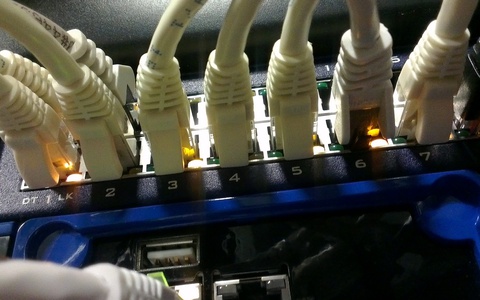Challenges of PCI-Compliant Multi-Factor Authentication
In the era of ever-evolving cybersecurity threats, Multi-Factor Authentication (MFA) has emerged as a hallmark of robust user authentication. While the premise of MFA is straightforward, implementation nuances can introduce significant complexities, especially when aligning with Payment Card Industry (PCI) guidelines. The distinction PCI makes between multi-factor and multi-step authentication (MSA) presses developers into a challenging trilemma. This article explores this trilemma, the real-world MFA practices of major internet platforms, and the pitfalls in the PCI guidance.
Navigating PCI Compliance with A.C.E.
Many parts of the PCI Data Security Standard are technical in nature, and some may even be hard to understand without a certain level of computer experience. We are here to relieve stress and pain and make it easy for you to achieve and maintain PCI compliance. ACE, our security compliance solution, walks you through the PCI compliance process, putting tasks in easy-to-understand terms, so that you won’t get bogged down in technical jargon. ACE enables you to concentrate on what you do best — running your business and serving your customers.
I Have Vulnerabilities On My LAN. So What?!
During the course of my penetration testing engagements (where I pretend I'm a malicious user and attempt to do naughty things on the network), I usually see or detect many vulnerabilities that are typically not found on the public internet. These vulnerabilities range from a small information disclosure (yawn) to full remote code execution (OH YES!) and of course everything in between. As a good security professional, my recommendations are to fix every single vulnerability found. This would exclude vulns that exist due to a specific business need, such as legacy systems or applications, or other legitimate reasons. When I suggest that we fix all of them, I often receive pushback from IT staff and sometimes even the stakeholders.
My Software is End-of-support, Who Cares?
With the ultimate demise of Windows XP comes questions of what it really means that software is "unsupported?" I get this question a lot when a client reads through a penetration test report for their environment and wants to know why they can't use an out-of-date version of XYZ webserver software or Windows XP (which, by the way, was supported for just shy of twelve years).
QSA Educational Discussion | Q.E.D.
We are having the first ever QSA Educational Discussion Group (Q.E.D.) next month. If you are in the Phoenix metro area, please join us.




